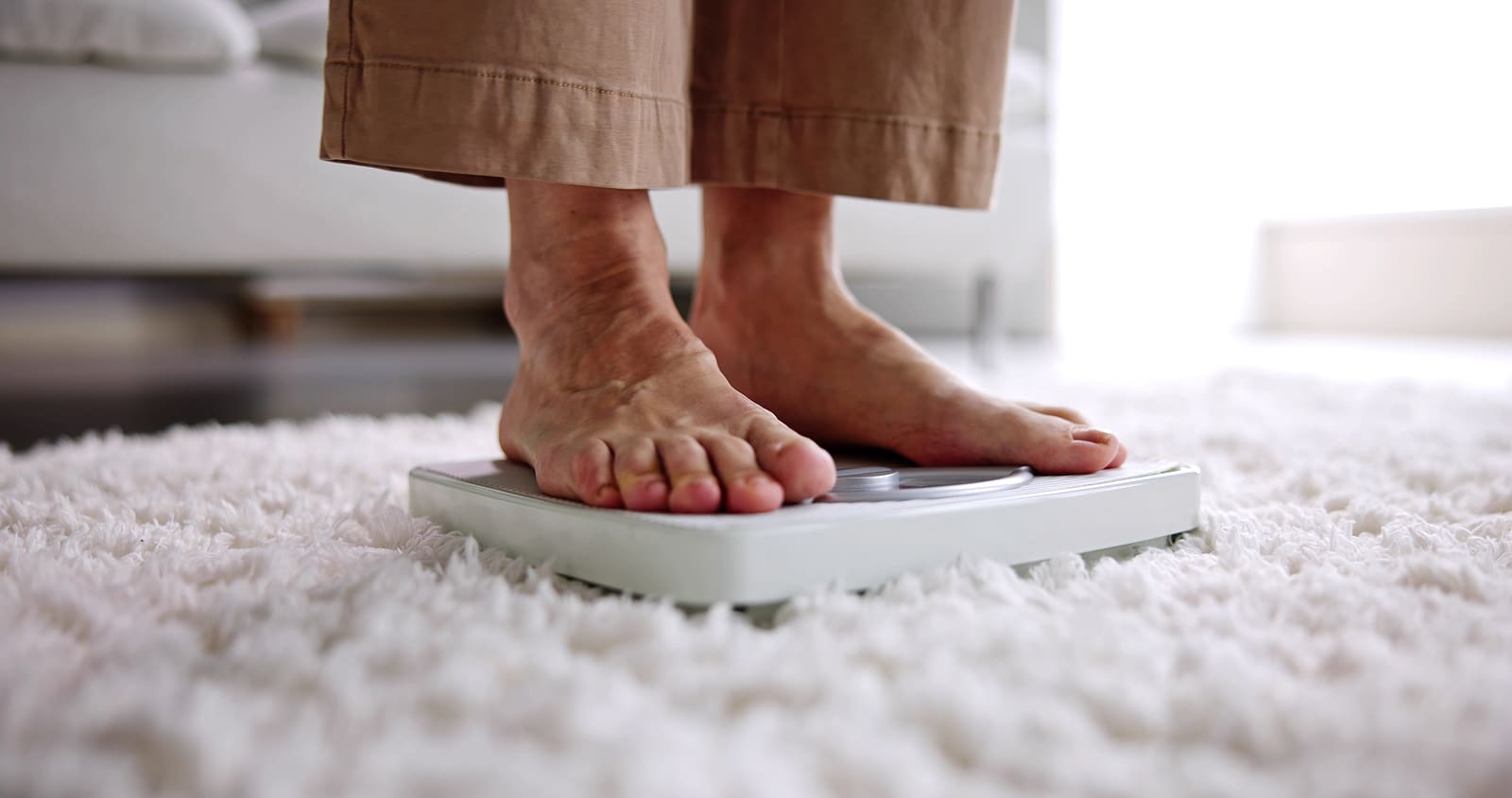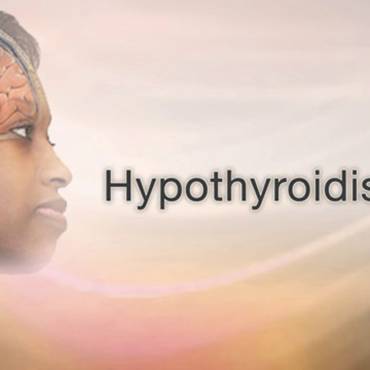It has been discussed for a long time that there is a complex relationship between thyroid gland disorder, body weight, and metabolism. This blog explains how hypothyroidism causes weight gain and how you can better manage your weight with diet, hypothyroidism medicine, and other healthy lifestyle choices.

Understanding the relationship between weight gain and hypothyroidism
Tough time losing weight because of thyroid problems; you probably heard this complaint from people with thyroid disease. Well, losing weight can be a real struggle when you have thyroid disease. An underactive thyroid, also known as hypothyroidism, slows your metabolism, and despite following a healthy diet and exercise, you still can gain weight. If you suffer from thyroid gland disorder, you might experience symptoms like fatigue, nausea, coldness, depression, and constipation. While the symptoms caused by hypothyroidism can disrupt several aspects of life, weight gain seems to be one problem that causes significant distress.
The thyroid has a strong impact on metabolism. When your thyroid gland is underactive, your metabolism slows down, resulting in weight gain. The thyroid condition is typically diagnosed in adulthood, becomes more pronounced with age, and is far more likely to affect women than men. If data is to be believed, around 20 per cent of women in the United States develop thyroid disorder by age 60. However, many women accepted that appropriate hypothyroidism treatment and lifestyle changes help to manage their weight. Maintaining a healthy weight with hypothyroidism can be a challenge. Some people may get hyperthyroidism or overactive thyroid. In this case, the thyroid gland produces more thyroid hormone than your body requires.
Medications used in hyperthyroidism treatment differ from those used in hypothyroidism treatment. However, for people with both thyroid disorders, doctors advise them to eat less and exercise more. Certain dietary inventions can have beneficial effects, especially on people with hypothyroidism.
Let’s have a look at some of them:
What to eat if you have hypothyroidism
There is no diet for hypothyroidism, but healthy eating habits help you lose extra weight if you have impaired thyroid function.
1. Increase fibre intake:
Eating more fibre-rich foods, berries, and whole grains can have numerous health benefits with hypothyroidism:
Makes you feel fuller faster:
It takes longer to digest fibre, and even a very less amount of fibre-rich food can make you feel full. This helps one to lose weight over the long term.
Prevent constipation:
An underactive thyroid gland slows digestion, contributing to chronic constipation. Adding more fibre to your diet can help keep your bowel movements regular.
Control blood sugar:
As mentioned above, it takes longer to digest high-fibre foods, and the sugar in the food takes more time to reach the blood. This helps to control blood sugar levels.
Lower cholesterol:
People with thyroid problems can have increased cholesterol levels. A high-fibre diet can help deal with high cholesterol levels.
2. Eat more vegetables and fruits
Eating a diet rich in colourful fruits and green vegetables can be extremely helpful for someone with hypothyroidism. Vegetables have low calories, so you can eat as much as possible to feel full without contributing to weight gain. According to research studies, eating a diet high in fruits and vegetables help protect against cellular damage in those who have hypothyroidism, thus slowing the progression of the disease.
3. Pick a high-quality protein
Lack of protein can affect thyroid function, ultimately leading to an underactive thyroid. Hence, getting enough protein can help reduce the risk of developing hypothyroidism. Protein is believed to increase metabolism and reduce hunger. Eating good quality protein can help you burn calories and reduce the desire to overeat.
4. Binge on healthy fats
Avoiding unhealthy fat sources like deep-fried foods and processed oils is extremely important. At the same time, eating healthy fats is important if you have hypothyroidism. Healthy sources of fats include nuts (brazil nuts and walnuts), seeds (Flax and chia), and Coldwater wish (salmon and tuna). Like fibre and protein, healthy fats can help you feel fuller for longer. Healthy fats also contain nutrients. Brazil nuts carry selenium which is crucial for healthy thyroid function.
5. Incorporate whole grains in your diet
Wheat bread, popcorn, and brown rice provide enough fibre, vitamins, and minerals for optimal health. It takes longer to digest whole grains than simple carbohydrates like white rice and white bread. And this is the reason why whole grains keep you fuller for longer. Simple carbohydrates add up to many calories and offer few nutrients. Make sure you consume it in moderation.
Medicinal treatment for hypothyroidism
Early signs and symptoms of hypothyroidism include weight gain and fatigue. Hashimoto’s thyroiditis and iodine deficiency are common hypothyroidism causes. For many people, hypothyroidism medications may help reduce or alleviate symptoms. The thyroid condition is best treated with levothyroxine. The thyroid tablets are formulated to return adequate thyroid hormone levels to your bloodstream. In most cases, patients must remain on this hypothyroidism treatment for their entire life. However, the amount of thyroid medication you take may need to be adjusted, especially if you have Hashmito’s thyroiditis.
Takeaway!
There is no hypothyroidism diet, but these above healthy eating tips can help you manage weight if you have weak thyroid function.
Also Read: Learn About Different Hypothyroid Medications!
admin
Latest posts by admin (see all)
- What is Triluma Cream? Uses, Benefits, and How It Works for Skin - December 26, 2024
- What Causes Dark Spots? Understanding the Science of Hyperpigmentation and How Skin Lightening Products Help - December 26, 2024
- Tretinoin Gel vs. Cream: Which Formulation is Right for Your Skin? - December 20, 2024




